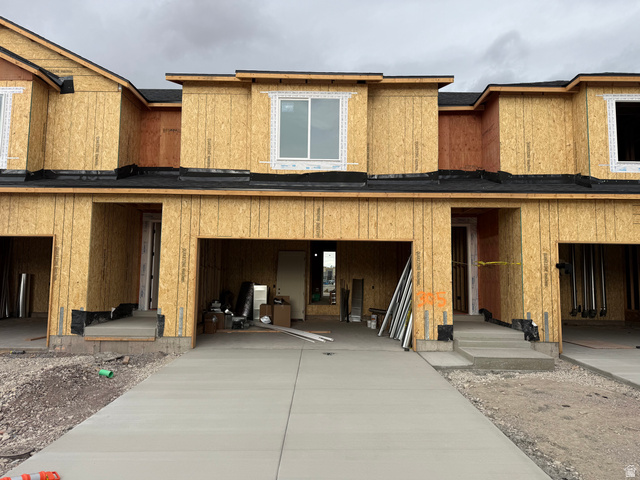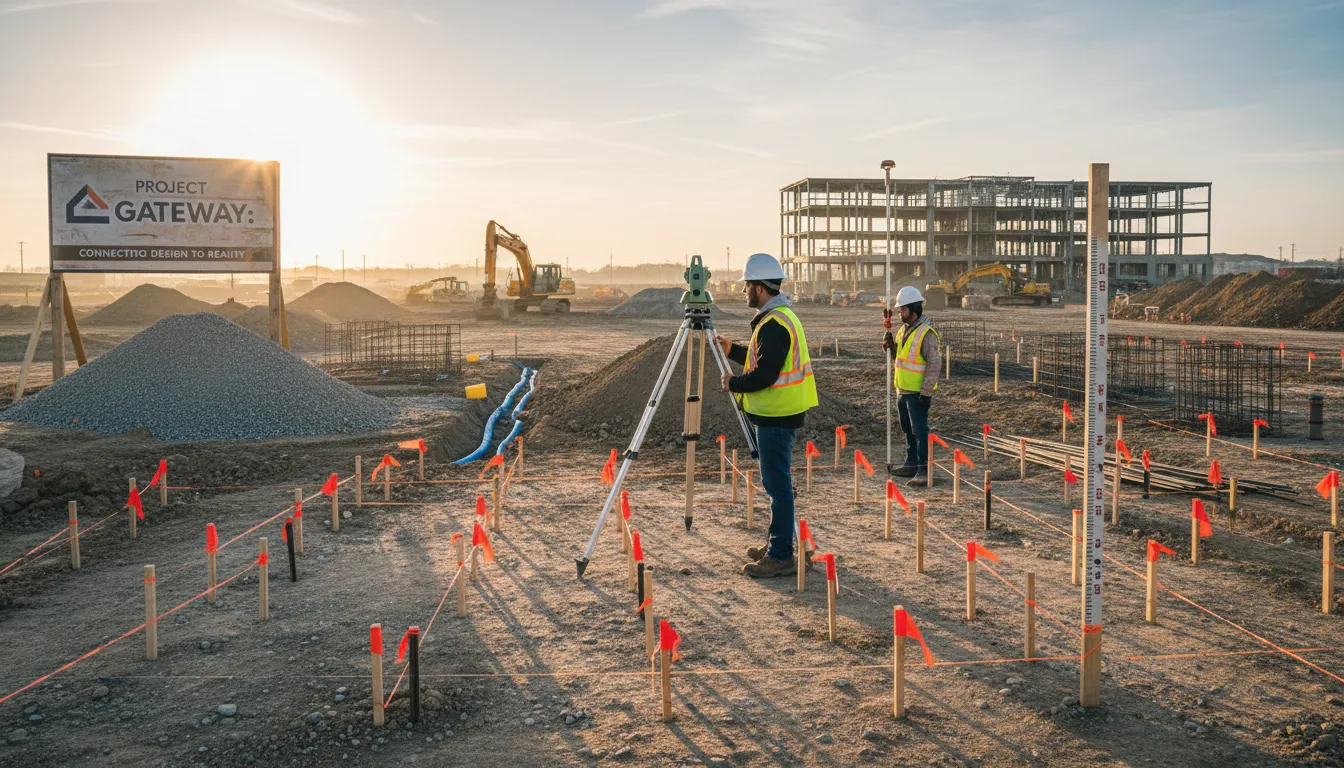Selling a mobile home isn't quite the same as selling a traditional single-family residence. These properties come with their own unique characteristics, advantages, and challenges. Whether you're planning to move up to a larger space, downsize, or cash in on an investment, preparing your mobile home for the market requires strategy and attention to detail. A little effort before listing can significantly boost your home's value, attract more buyers, and ensure a smoother closing process.
Getting a mobile home ready to sell involves more than just a deep cleaning or a quick paint job. Buyers today are informed and expect homes to be move-in ready, well-maintained, and priced competitively. From paperwork to presentation, setting the stage for a successful sale starts well before you put up a "For Sale" sign.

Simplify the Sales Process by Choosing the Right Help
One of the most important decisions you'll make when preparing your mobile home for the market is how you plan to sell it. Will you work with a real estate agent, sell it yourself, or turn to a specialized mobile home buyer? For those who want a quicker, streamlined process, no-hassle Palatka mobile sales can be an ideal solution. These types of services often handle much of the heavy lifting, including inspections, paperwork, and closing coordination.
Choosing this route reduces the stress of traditional home selling. Buyers looking for mobile homes may have different expectations than traditional real estate shoppers when it comes to financing, titles, and park regulations. Professionals who specialize in mobile home transactions understand these nuances and help sellers avoid common mistakes that delay or derail a sale.
Make Cosmetic Repairs That Catch the Eye
First impressions count. When potential buyers pull up to your home, the exterior sets the tone for everything that follows. Power washing the siding, cleaning the windows, fixing loose skirting, and adding some simple landscaping can make a big difference. If the home looks neglected from the outside, many buyers won't even step inside.
Inside, focus on decluttering and depersonalizing the space. Clean thoroughly, touch up the paint where needed, and consider upgrading key fixtures like cabinet hardware, faucets, or lighting. These small updates are relatively inexpensive but can dramatically enhance the perception of value.
Assess the Home's Structural and Mechanical Condition
While aesthetics are important, savvy buyers will look beyond surface-level appeal. Your mobile home's structural and mechanical integrity will influence whether a sale moves forward or stalls during inspections. Before listing, examine the roof for signs of wear or leaks. Check for soft spots in the flooring, ensure that all windows and doors open smoothly, and inspect your plumbing and electrical systems for issues.
Explore Utah Real Estate

83 W 850 S, Centerville, UT
$815,000
Bedrooms: 5 Bathrooms: 3 Square feet: 3,999 sqft

653 E RYEGRASS DR #305, Eagle Mountain, UT
$387,900
Bedrooms: 3 Bathrooms: 3 Square feet: 1,985 sqft

2031 N LAVA ROCK CIR #107, St George, UT
$4,185,000
Bedrooms: 4 Bathrooms: 5 Square feet: 5,404 sqft
If your HVAC system is older or underperforming, having it serviced can improve both function and buyer confidence. Don't forget to examine the underbelly of the home if it's a single- or double-wide with a crawl space. Water damage, rodent infestations, or insulation issues here can scare off prospective buyers if left unresolved.
Organize and Prepare All Required Documentation
Selling a mobile home involves specific paperwork, and having everything ready before listing prevents delays. Key documents include the title or ownership papers, proof of land ownership or lease agreements (if your mobile home is in a park), and records of past upgrades or maintenance.
In some states, mobile homes are titled similarly to vehicles, which means the Department of Motor Vehicles may be involved in the transfer. Other jurisdictions treat mobile homes like real estate if they're affixed to a permanent foundation. Make sure you understand your state's classification and requirements to avoid legal snags.
Price It Right From the Start
Overpricing a mobile home can lead to stagnation on the market, while underpricing could mean leaving money on the table. To find the right number, research comparable mobile homes in your area. Factors like age, condition, square footage, location, and whether or not the land is included will all affect value.
If you're unsure where to start, consider getting a professional appraisal or at least a comparative market analysis (CMA) from a local expert. Tools like online home estimators can be a rough guide, but they may not account for the specific variables that affect mobile homes.
Know Your Target Buyer and Tailor Accordingly
Understanding who's likely to buy your mobile home helps you market it effectively. Are you targeting retirees looking to downsize, young families searching for affordable housing, or investors looking to rent the unit out? Each group has different priorities, and tailoring your messaging to meet those needs can boost interest.
More Properties You Might Like

2098 E GOOSE RANCH RD, Vernal, UT
$103,000
Square feet: 274,864 sqft

2148 E GOOSE RANCH RD, Vernal, UT
$116,000
Square feet: 309,276 sqft

6668 S 3200 W, Spanish Fork, UT
$2,074,000
Bedrooms: 3 Bathrooms: 3 Square feet: 2,560 sqft
Highlight features like energy-efficient upgrades, proximity to amenities, or recent renovations. If your home is in a family-friendly park, emphasize nearby schools or playgrounds. For homes in retirement communities, focus on low-maintenance living and peaceful surroundings.

Selling a mobile home successfully starts long before listing it. From maintenance and curb appeal to documentation and pricing strategy, each step plays a crucial role in how quickly and profitably you can close a deal. By approaching the process with thorough preparation and the right support, you give yourself the best chance to turn your mobile home into a market-ready, appealing property that meets buyer expectations. Whether you handle the sale yourself or turn to a specialized service, preparation and attention to detail are the keys to success.
Related Articles:














